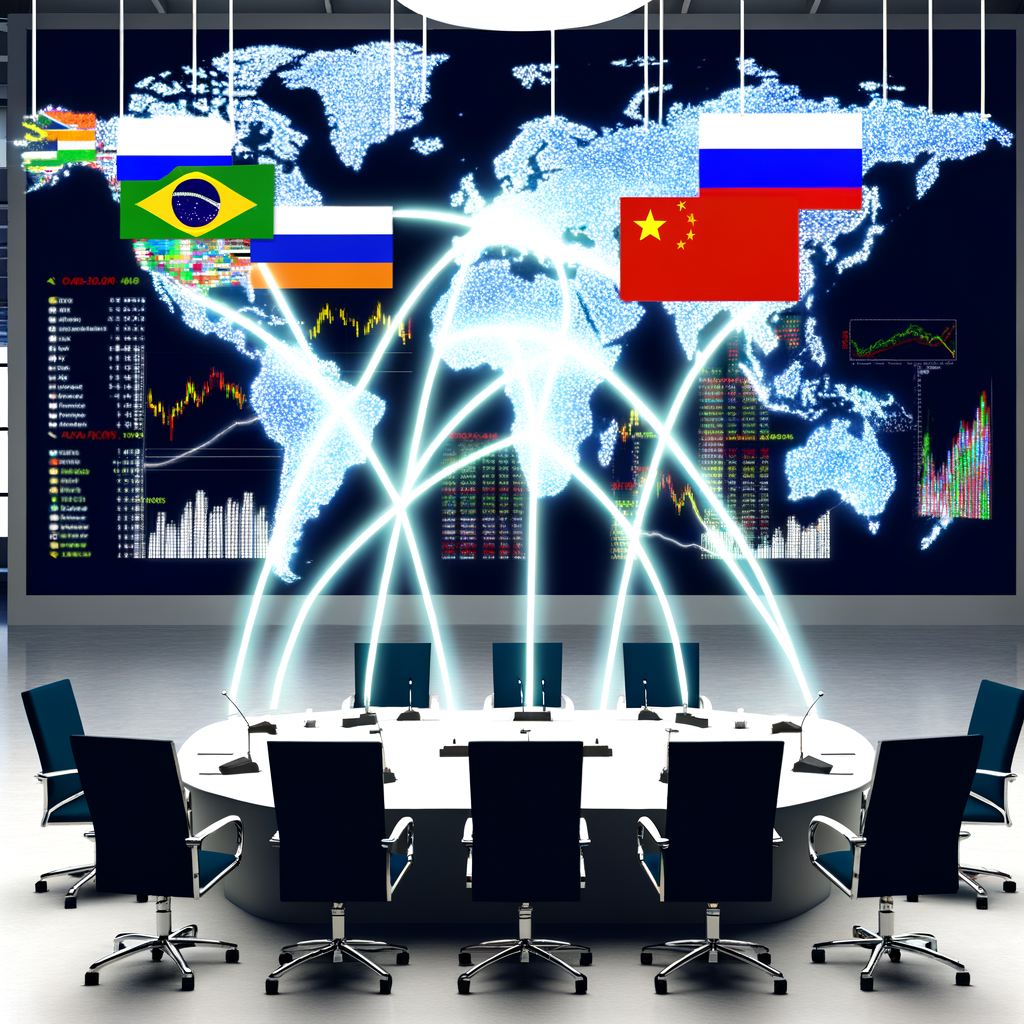BRICS Group: Expansion Reasons and Global Impact Explained
The BRICS group, comprising Brazil, Russia, India, China, and South Africa, has emerged as a formidable coalition in the global economic and political arena. As it sets its sights on expansion, understanding the reasons behind this move and its potential implications is crucial.
Understanding the BRICS Group
The BRICS group was initially formed in 2009 with the aim of fostering collaboration among five of the world’s largest emerging economies. These countries represent a significant portion of the world’s population and command a substantial share of global GDP. The collaboration focuses on mutual economic development and reforming international financial and political institutions to better reflect the realities of the 21st-century global landscape.
Reasons for BRICS Expansion
The BRICS group’s decision to expand is driven by several factors:
- Diversification of Influence: As global dynamics shift, expanding membership allows BRICS to wield greater influence in international forums and negotiations. This diversification helps in counterbalancing Western dominance in global economic governance.
- Economic Opportunities: Including additional member countries can open up new markets, foster trade relations, and create investment opportunities, boosting economic growth for all involved parties.
- Political Leverage: A larger BRICS group can exert more significant political pressure on global issues, advocating for reforms in international institutions like the United Nations and the World Bank.
- Strategic Alliances: Expanding the group offers a platform for strategic alliances. New members bring unique resources, technologies, and geopolitical advantages that can strengthen the group’s collective bargaining power.
Global Impact of BRICS Expansion
The expansion of the BRICS group is poised to have far-reaching implications on a global scale:
- Shift in Economic Power: As BRICS grows, it could lead to a shift in global economic power. The collective GDP of an expanded BRICS could rival that of traditional economic powerhouses, altering trade balances and economic alliances.
- Reconfiguration of Global Institutions: The increased influence of BRICS may push for reforms in global institutions, demanding more equitable representation and decision-making power for developing countries.
- Geopolitical Tensions: An expanded BRICS could heighten geopolitical tensions, especially with Western powers, as competing economic and political interests come to the fore.
- Innovation and Development: The influx of new members can spur innovation through shared technology and development projects, addressing global challenges such as climate change and poverty.
Conclusion
The BRICS group’s expansion is a strategic move that underscores the shifting global landscape. By incorporating new members, BRICS aims to enhance its economic and political clout, potentially challenging the established global order. For policymakers and global observers, understanding the motivations and impacts of this expansion is essential for navigating the evolving international environment. As BRICS continues to grow, its influence on the global stage will undoubtedly become more pronounced, shaping the future of international relations and economic development.



